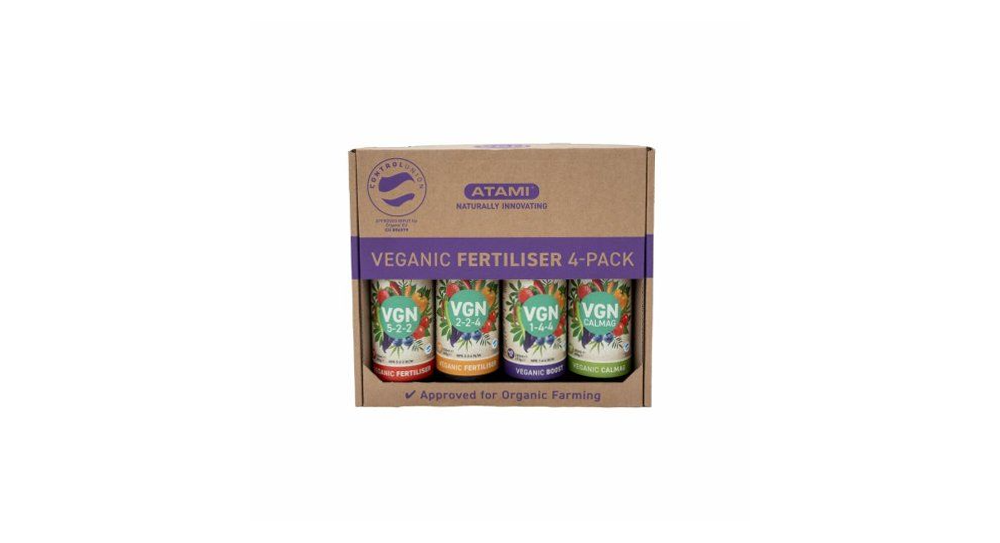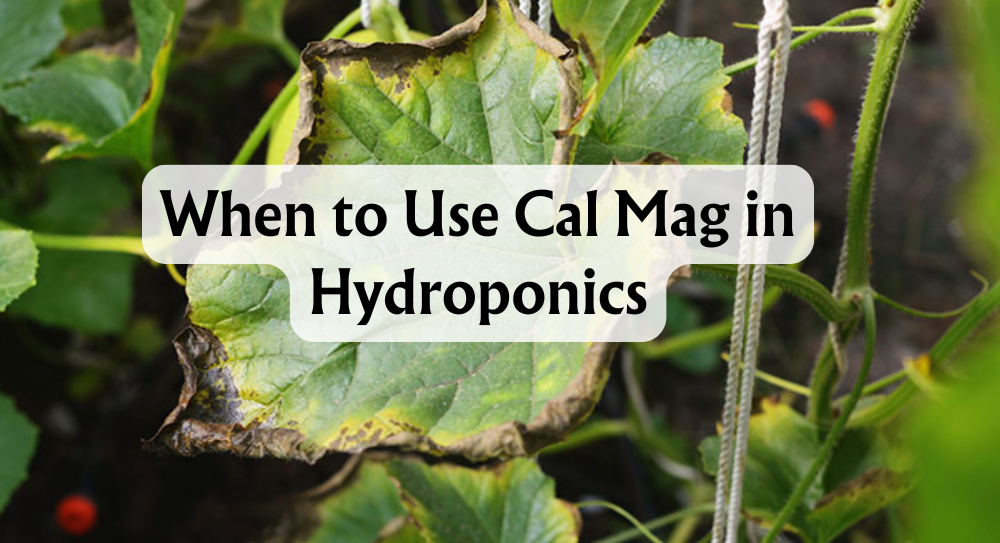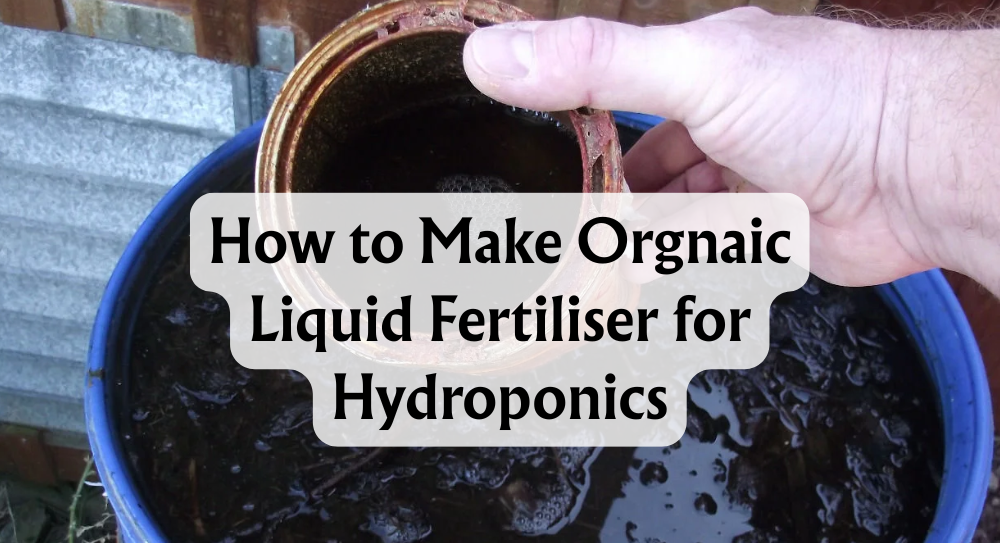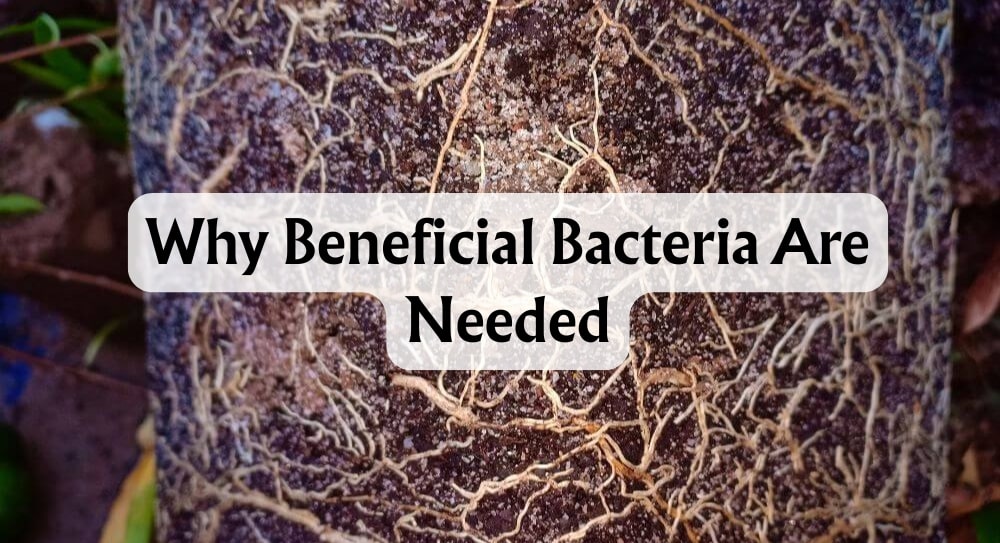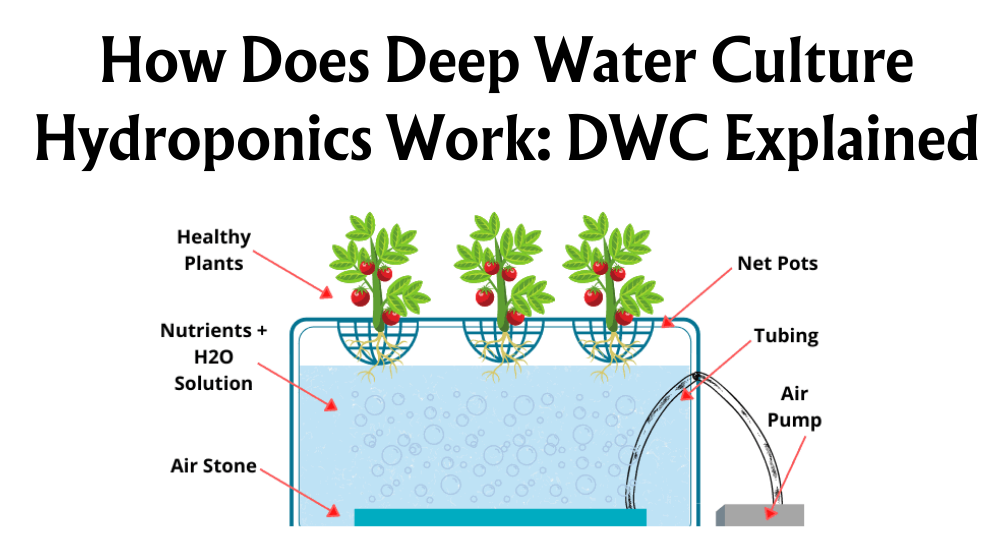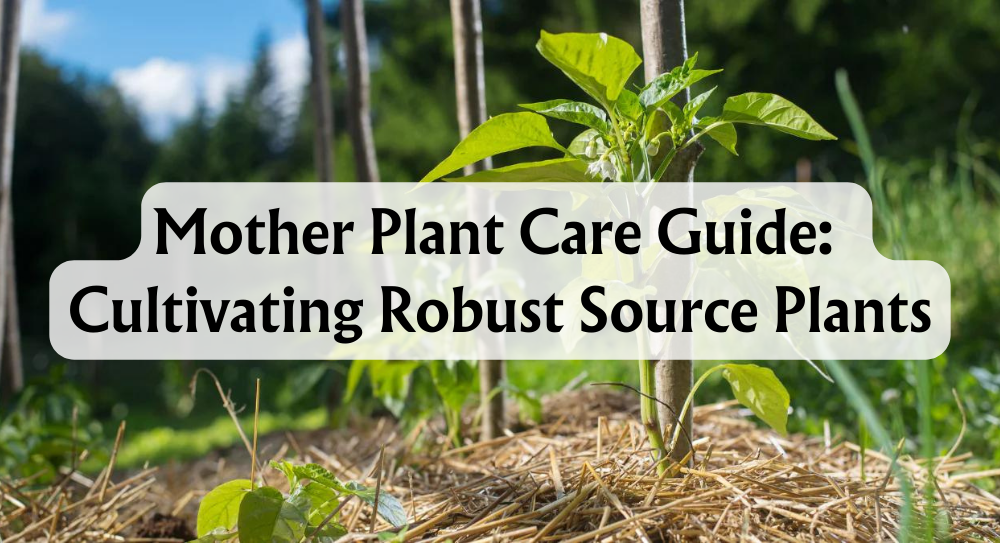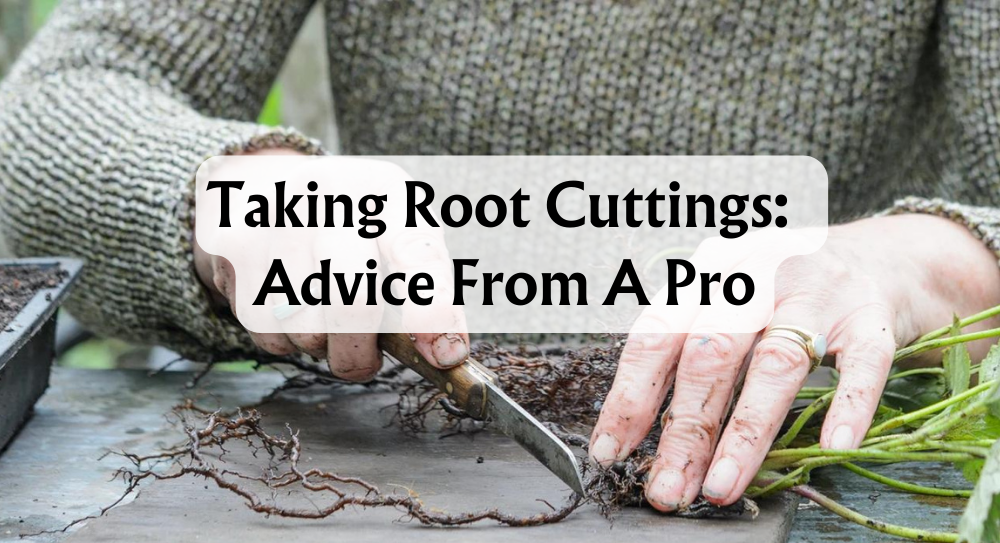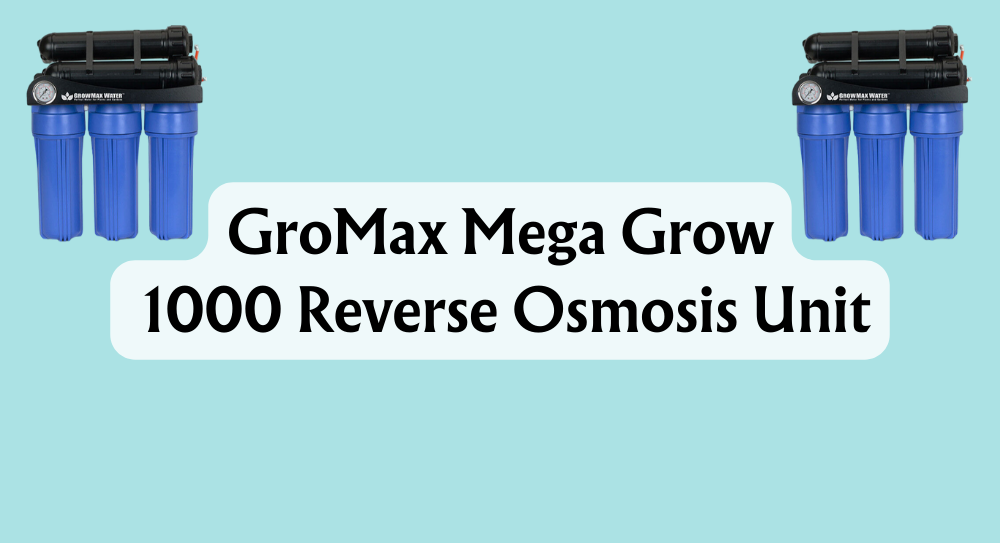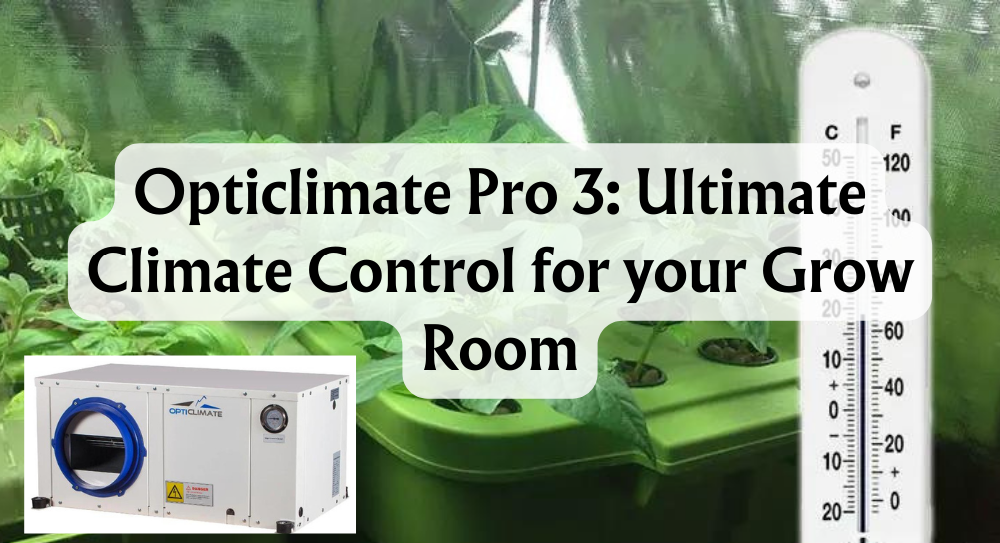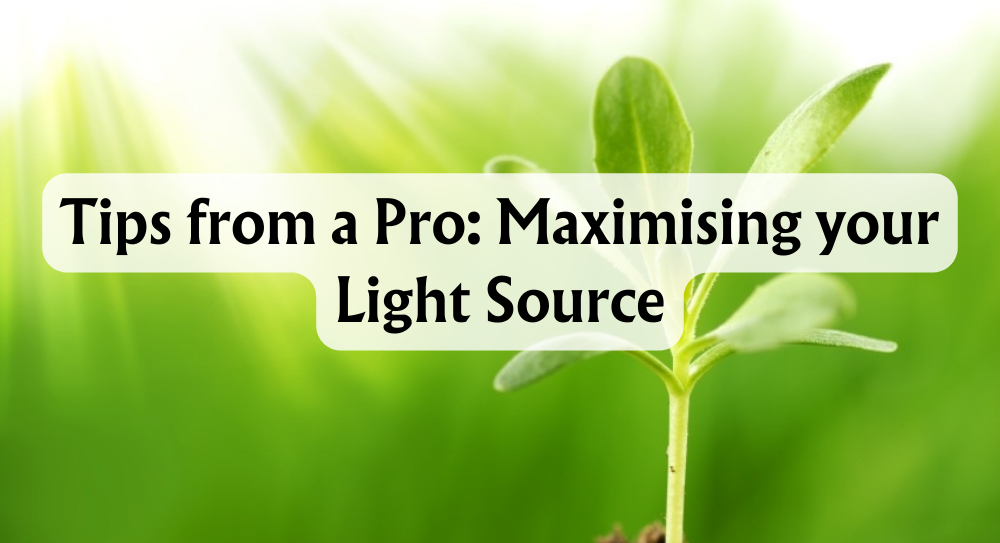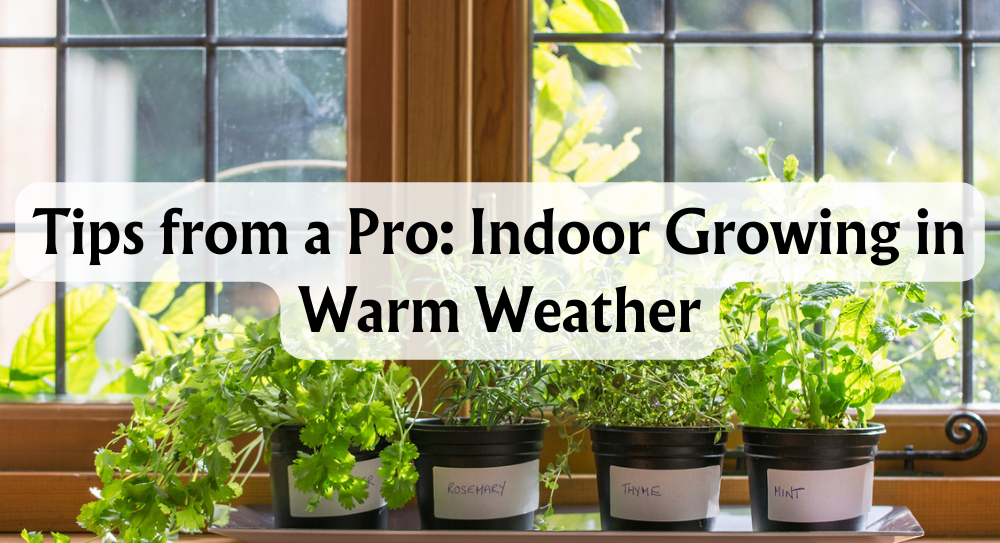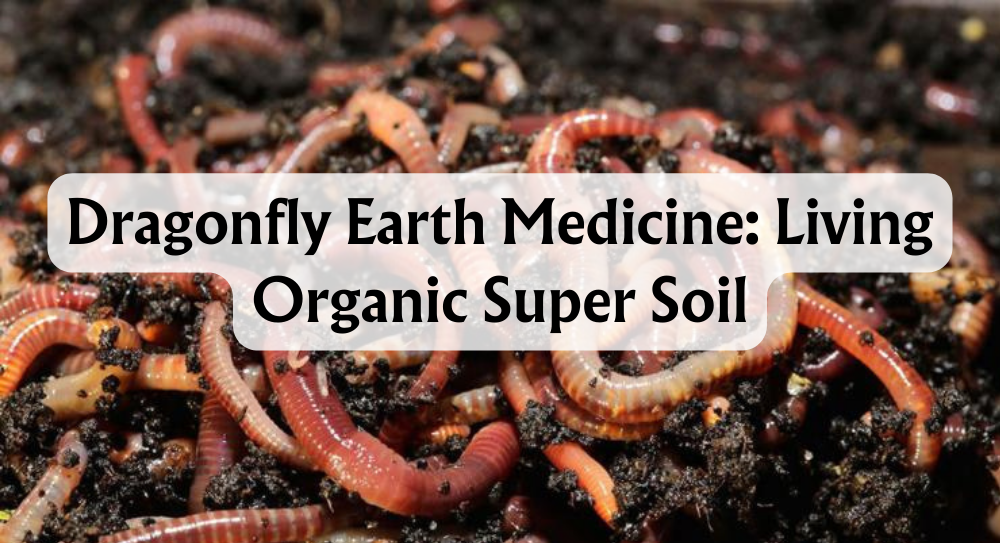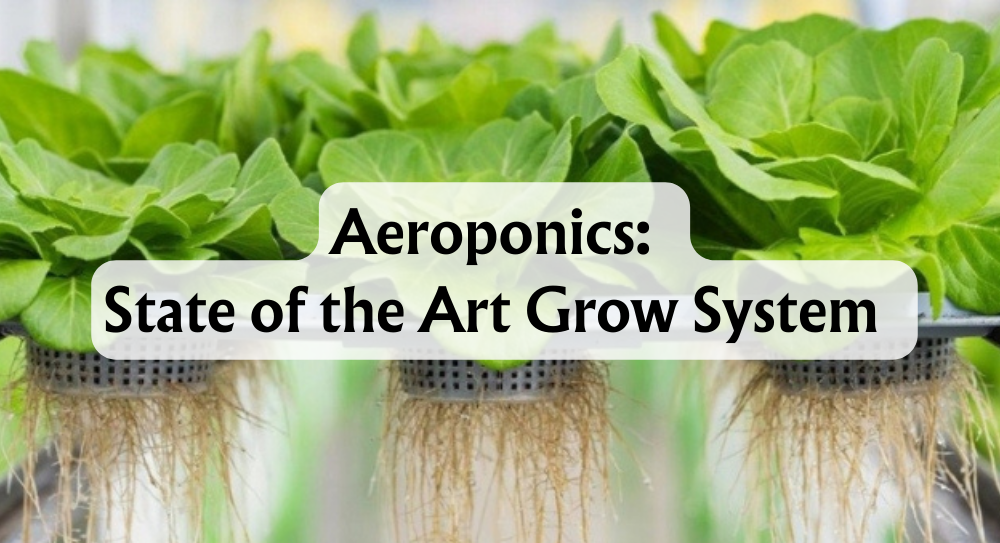What Are Vegan Fertilizers?
In recent years, traditional fertilisers have come under scrutiny for their environmental impact. Many of us are on the lookout for eco-friendly alternatives that won't harm our planet. Enter vegan fertilisers! These plant-based wonders are free from animal-derived ingredients, making them a sustainable choice for gardening enthusiasts. Vegan fertilisers differ from conventional ones by focusing solely on plant-based and mineral nutrients, allowing us to nurture our plants without relying on animal products.
The popularity of vegan gardening is on the rise, especially among those of us keen on sustainable living. By using vegan fertilisers, we can actively support veganic agriculture, which prioritises organic practices and plant-based inputs. These options provide effective nutrients for our gardens without compromising our ethical stance.
Aside from their environmental benefits, vegan fertilisers can also be budget-friendly. Producing effective DIY plant food is achievable using everyday items like grass clippings or tea compost. The diverse array of vegan fertiliser types not only meets the nutritional needs of our plants but also aligns with our eco-conscious principles. Let's explore these options together and find the best fit for our green spaces.
Key Takeaways
- Vegan fertilisers are plant-based, eco-friendly alternatives to traditional options.
- They support veganic gardening by avoiding animal-derived ingredients.
- DIY vegan fertilisers can be both effective and cost-saving.
What Are Vegan Fertilisers?
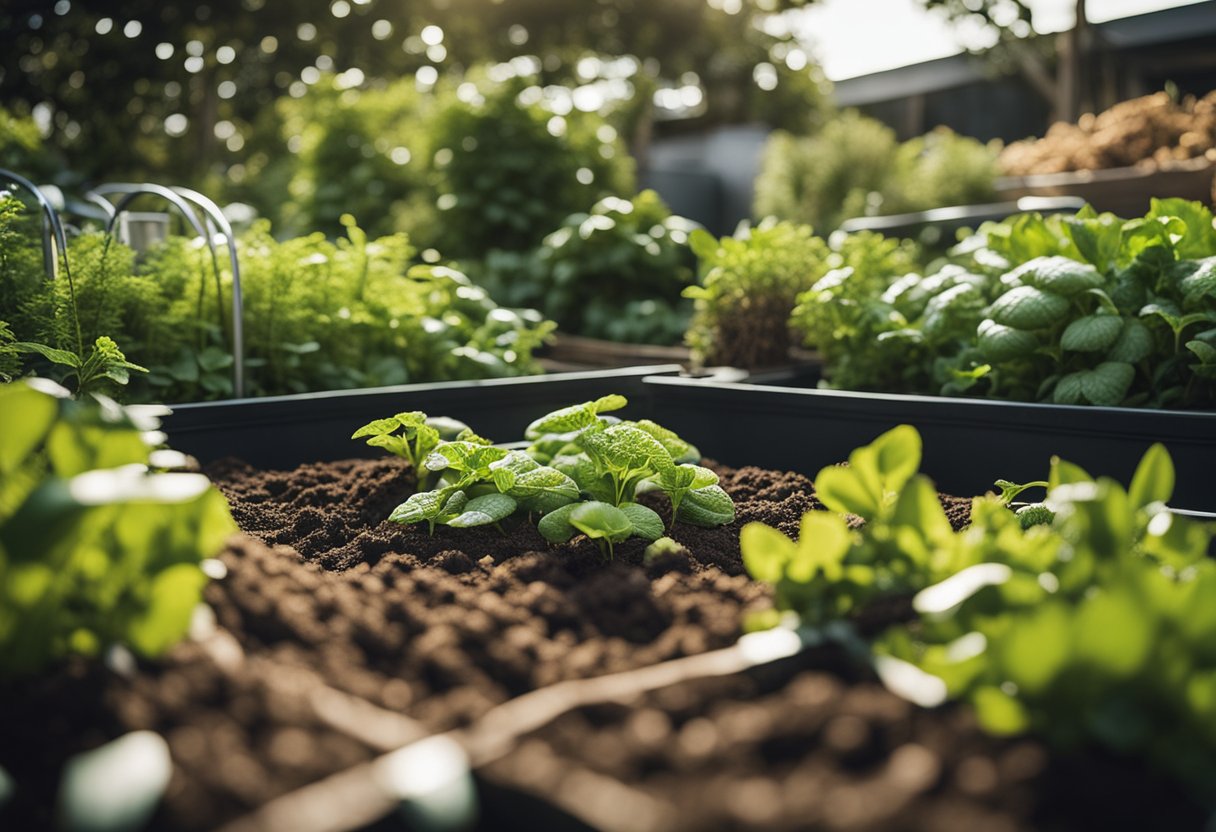
Vegan are a fantastic choice for the eco-conscious gardener. At their core, vegan fertilisers are entirely plant-based, organic fertilisers avoiding any animal-derived ingredients. This means you’ll find no blood meal, bone, or manure in these products. They are entirely safe for humans and animals.
Traditional fertilisers contain components like manure or bone meal, which come from animals. In contrast, vegan options focus on nitrogen, phosphorus, and potassium from plant-based sources. For instance, kelp, alfalfa, and other natural materials are packed with these essential nutrients. They deliver what your plants need without any animal origin.
Why should we go vegan in our gardens? For starters, the ethical considerations are appealing—no animals are harmed or exploited in the process. Plus, they’re environmentally friendly. Plant-based ingredients mean a reduced carbon footprint compared to conventional options. We’re talking about sustainable sourcing and lower emissions.
But it's not just the planet that benefits. Our health does too! Using organic vegan fertilisers means fewer synthetic chemicals in our food gardens. Imagine enjoying that home-grown carrot with absolute peace of mind, knowing it’s free from synthetic fertilisers.
Using Plant-Based Fertilizers
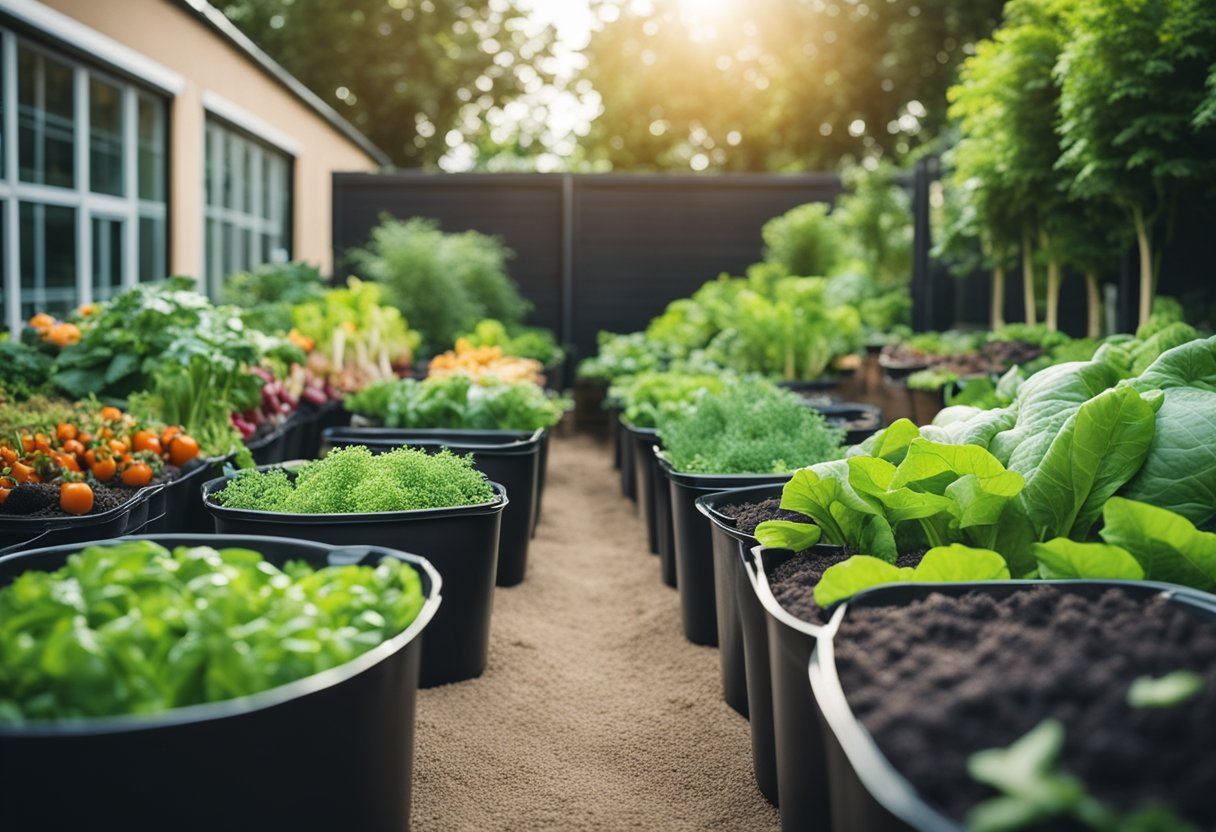
Ever wondered how to make our gardens more eco-friendly? Plant-based fertilizers might just be the answer! They support soil fertility like a charm, helping improve soil structure and offering a rich organic matter source. Soil amendments, such as alfalfa pellets and chicken feed, are packed with plant nutrients that encourage sustainable growth.
With these fertilisers, not only do we boost nutrient conversion, but we also promote a healthy soil microbiome. Beneficial microorganisms thrive, making it perfect for organic gardening. Imagine turning your garden into a bustling ecosystem without using animal products. Sounds pretty fantastic, right?
Our favourite method is composting. It’s like giving leftovers a second chance! Use grass clippings or tea compost to create a nutrient-rich base. Add some mulch and cover crops for that extra touch. Not only do they help with nutrient retention, but they also prevent pesky weeds.
Choosing the right application method can be a game-changer. Ensure we apply it according to plant types and seasonal needs. Timing is everything in gardening, after all! We don't want to over-fertilise and waste nutrients, or worse, under-fertilise and see poor growth.
Let's remember: plant-based fertilizers are safe for all plants, especially those we eat. With a little effort, we can enjoy a vibrant garden that's both ethical and effective.
Vegan Fertilizer Types
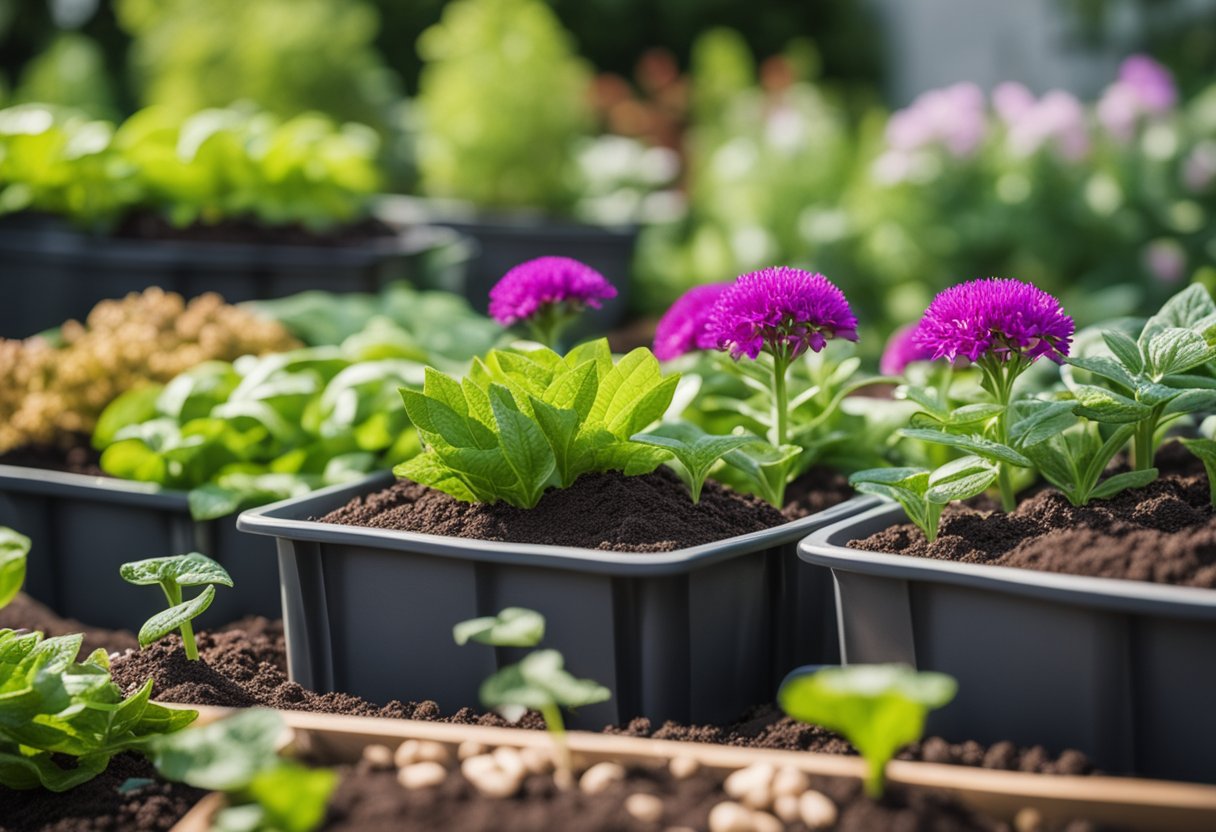
Alfalfa
Alfalfa, either in meal or pellet form, is a fantastic choice for gardeners looking to boost plant growth naturally. It's nitrogen-rich, helping to enhance root development, and contains plant growth hormones that can lead to increased yields. That's why it's often used for perennial plants like roses and tomatoes.
We can apply it by sprinkling on the soil surface or incorporating it into compost. Alfalfa pellets break down slowly, providing nutrients over an extended period. This practice keeps our plants happy and flourishing without relying on synthetic additives. The addition of plant meals like alfalfa ensures a consistent release of nutrients.
Kelp Extract
Kelp extract is a go-to solution for those seeking a nutrient-packed plant food. Derived from seaweed, it provides a rich source of trace minerals and promotes disease resistance. One of its standout features is its ability to encourage root development and boost nutrient uptake.
It's especially effective for all-purpose plant care, making it ideal for vegetable gardens. Whether you're growing peas or crimson clover, kelp extract can give them the extra push they need. Simply dilute it with water and apply it as a foliar spray or soil drench for the best results.
Comfrey
Comfrey is like nature's magic for fruiting plants. With its high potassium content, comfrey leaves are often used to boost the growth of tomatoes, peppers, and other fruit-bearing plants. This "natural fertilizer factory" contributes vital nutrients when mulched into soil or made into a liquid feed.
We can use comfrey as a mulch or turn it into a rich compost tea. Its decomposing leaves improve soil structure and provide a slow release of nutrients. This contribution from plants with high potassium content maintains plant health and encourages fruit development.
Chicken Feed
Switching to a vegan alternative for chicken feed provides a sustainable source of nitrogen, phosphorus, and potassium without animal derivatives. These nutrients are crucial for plant growth and are suitable for vegetable gardens and lawns.
Simply sprinkle the plant-based feed across garden beds or mix it into soil. With plant-based alternatives, we're not only feeding our plants but also making an eco-friendly choice. It's a simple, effective way to balance nutrient needs in our gardens without traditional animal feed inputs.
Vermiculture
Imagine creating compost that's purely plant-based. With vermiculture, but without using worms, we can achieve this through ongoing decomposition of plant materials. This method turns organic waste into rich, high-quality compost that boosts soil fertility.
Handling kitchen scraps and garden waste becomes a rewarding task. By maintaining this composting process, we're enriching our soil naturally. This method helps us raise the organic content in our garden beds, improving plant health without animal inputs.
Compost
Compost is the gardener's best friend. This all-purpose fertilizer offers a balanced nutrient profile. Its continued use helps improve soil structure and water retention, thus benefiting all types of plants.
We can regularly incorporate compost into garden beds to provide essential nutrients and promote biodiversity in the soil. A mixture of leaves, grass clippings, and plant-based food scraps forms a sustainable cycle. Compost remains a key player in organic gardening, helping us create gardens that thrive all year round.
Low-Cost Vegan Fertilizers and Supplements
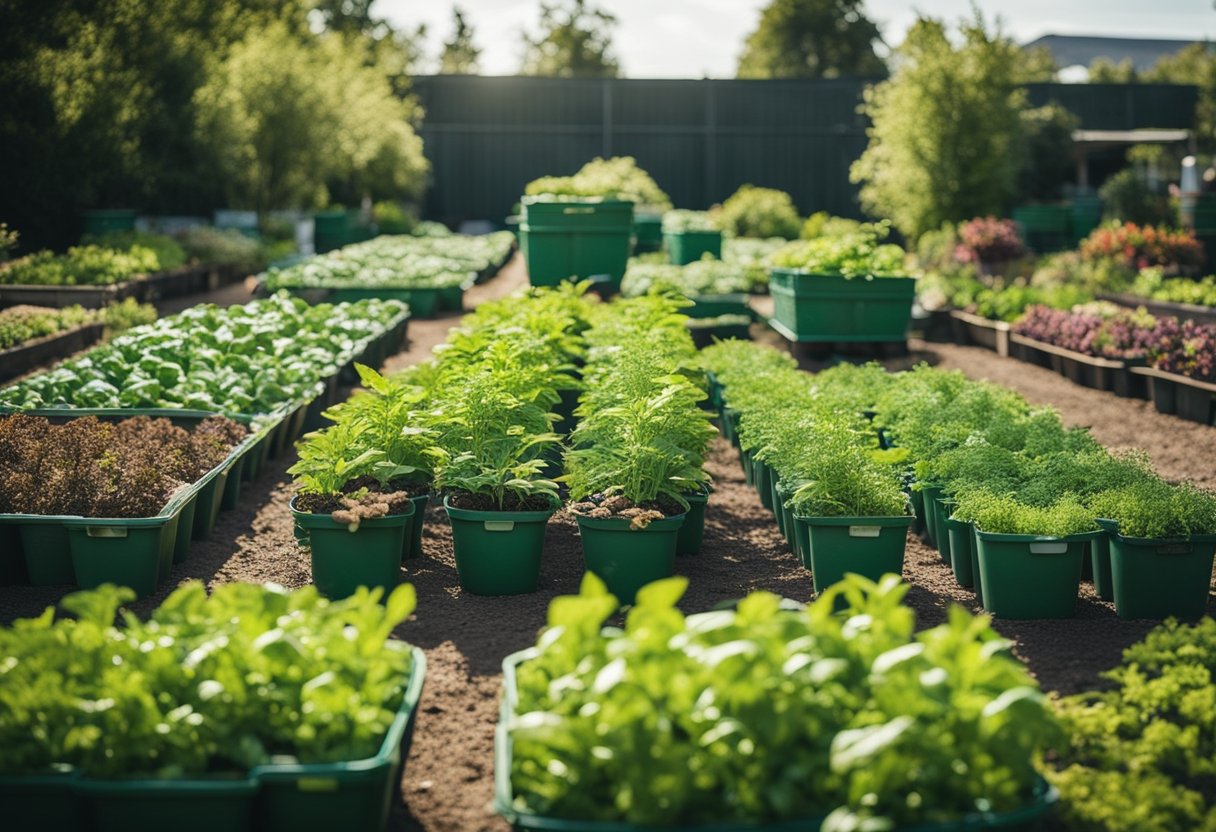
When it comes to gardening on a budget, there are several low-cost, vegan-friendly fertilisers that pack a punch without emptying our pockets. We’re diving into the benefits and uses of these garden heroes, from soaking seeds to brewing your own compost teas.
Epsom Salts
Did you know Epsom salts can do wonders in our garden? They’re rich in magnesium, which is crucial for healthy foliage and photosynthesis. Mixing Epsom salts with water makes an excellent foliar spray, allowing plants to absorb nutrients swiftly. We can apply this solution directly to the leaves, especially if they're showing signs of magnesium deficiency. A simple mixture of one tablespoon of Epsom salts per gallon of water can be sprayed every two weeks to help our plants flourish.
Flax Seed, Cottonseed, and Soya Meal
These seeds and meals are nutrient powerhouses, particularly rich in nitrogen. They can easily be found in bulk at reasonable prices. Applying them is as simple as sprinkling the meals around the base of our plants. They break down slowly, ensuring a steady release of nutrients into the soil over time. We recommend incorporating cottonseed meal for its beneficial phosphorous and potassium content, and soya meal for its high protein content. It's like a multi-vitamin for our plants!
Hay Mulches
Ever thought about using hay as mulch? It’s a fantastic way to conserve moisture and add organic matter to our soil. By spreading hay over the surface, we not only reduce evaporation but also help suppress weeds. This eco-friendly technique is perfect during dry spells, ensuring our garden stays hydrated. Moreover, as hay decomposes, it enriches the soil with additional nutrients. It’s an all-in-one soil protector and nutrient supplier. What more could we ask for?
Compost Teas
Brewing compost teas is a great way to deliver dense nutrients directly to our plants. The beauty of compost tea lies in its versatility and potency. It can be used both as a foliar spray or soil drench to give our garden that extra boost. Making your own compost tea involves steeping mature compost in water, allowing beneficial organisms and nutrients to leach into the liquid. The result? A nutrient-rich solution that’s absorbed readily by plant leaves and roots. Whether we’re battling plant stress or promoting growth, compost tea is a must-have in our gardening arsenal.
Recommended Vegan Fertiliser
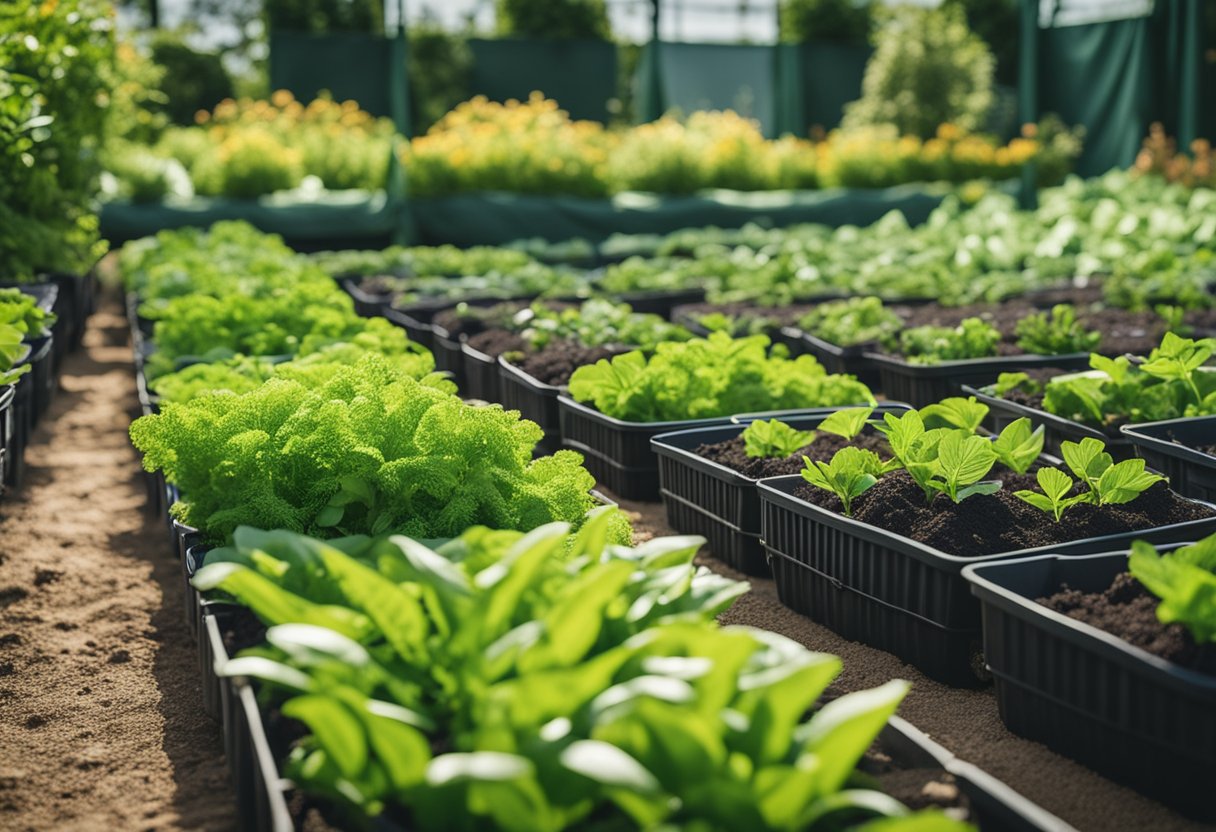
When it comes to choosing a vegan fertiliser, we have some fantastic options. One standout choice, if not the best vegan choice is the Atami VGN Range, which is recognised for its unique features and benefits. Let's explore what makes it special and how it could be a game-changer for gardeners and professionals alike.
Atami VGN Range
The Atami VGN Range offers certified vegan ingredients and caters to sustainable, organic gardening practices. It's designed not just for hobbyist gardeners but especially for professional growers who seek high-quality plant-based solutions.
This range includes sustainable and organic plant-based formulas that are safe and effective for all types of plants. Whether you're seeking a straight fertiliser, a Cal-Mag supplement or a bloom Booster, this 4 part line from Atami covers all vegan fertilizer options. Best of all, these are liquid fertilisers and are easy to apply. So, let's have a look:
VGN 5-5-2 is a veganic fertiliser stocked with high nitrogen content and chelated trace elements. This fertiliser improves soil microorganisms whilst delivering plants extra nitrogen.
VGN 2-2-4 is the second fertiliser for the growth phase. This formula contains extra potassium content that makes plants grow stronger and healthier.
VGN 1-4-4 is an organic bloom fertiliser that gives that ideal PK boost flowers demand during the flowering stage - even vegan ones!
VGN CALMAG will give your plants calcium and magnesium perfect for addressing deficiency. This will promote plant processes including cell production, photosynthesis and chlorophyll production.
For us, adopting such a range means embracing eco-friendly gardening without compromising the health of our plants. So, why not give it a try? If you're committed to organic practices and want a reliable, certified vegan fertiliser, this might just be the perfect fit.
Conclusion
We've explored the world of vegan fertilisers, and it's clear they offer numerous benefits for both our gardens and the planet. By avoiding animal by-products and chemical inputs, vegan fertilisers help reduce greenhouse gas emissions and minimise soil leaching. It's a win-win for the environment and our plants!
Have you ever thought about how switching to vegan fertilisers could boost our soil health? Incorporating plant-based options like alfalfa meal, kelp meal, and rock phosphate nurtures the soil while promoting robust plant growth. These choices not only foster biodiversity but also help combat climate change effects by building healthier ecosystems.
Let's not underestimate the cost-effectiveness of vegan fertilisers, either. While you might find some options like pricier initially, investing in these sustainable solutions can pay off in healthier gardens over time. In turn, we pave the way for a brighter, greener future.
By adopting vegan plant-based fertilisers, we're making a conscious decision towards sustainable gardening practices. Our gardens thrive, and so does our world. Let's take that and embrace the power of organic fertiliser that is completely free of animal products!







 Store Locator
Store Locator
